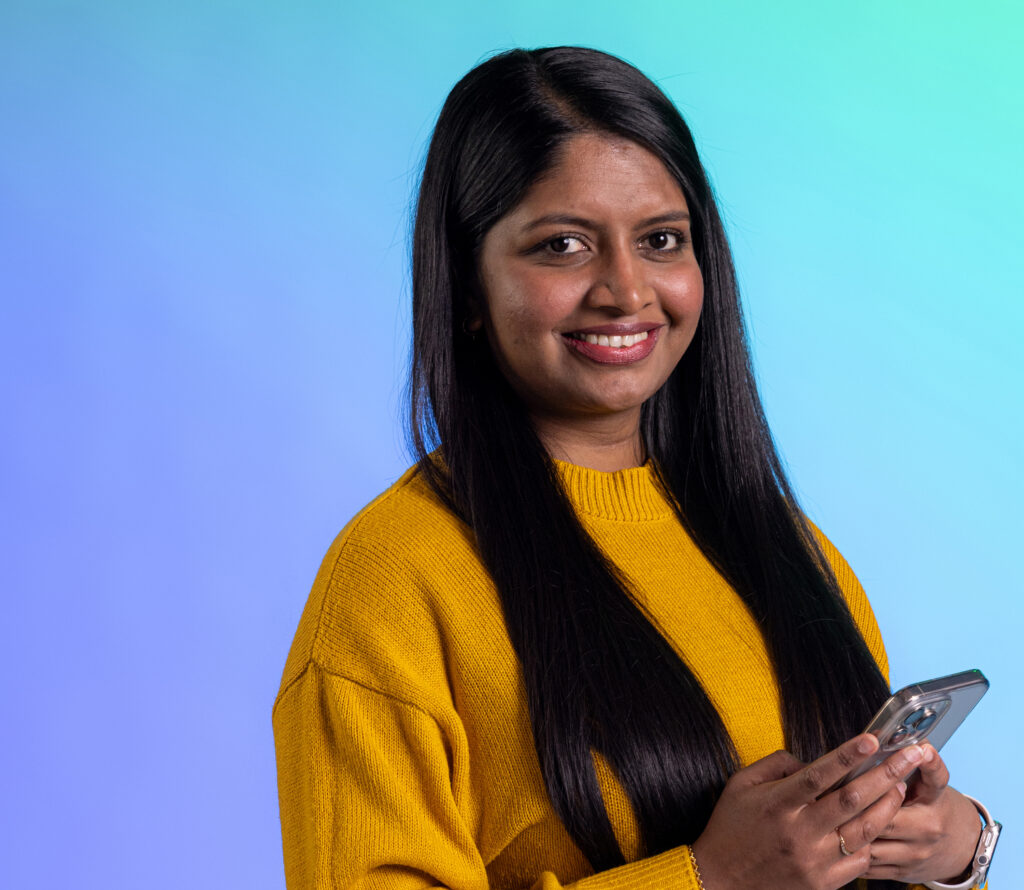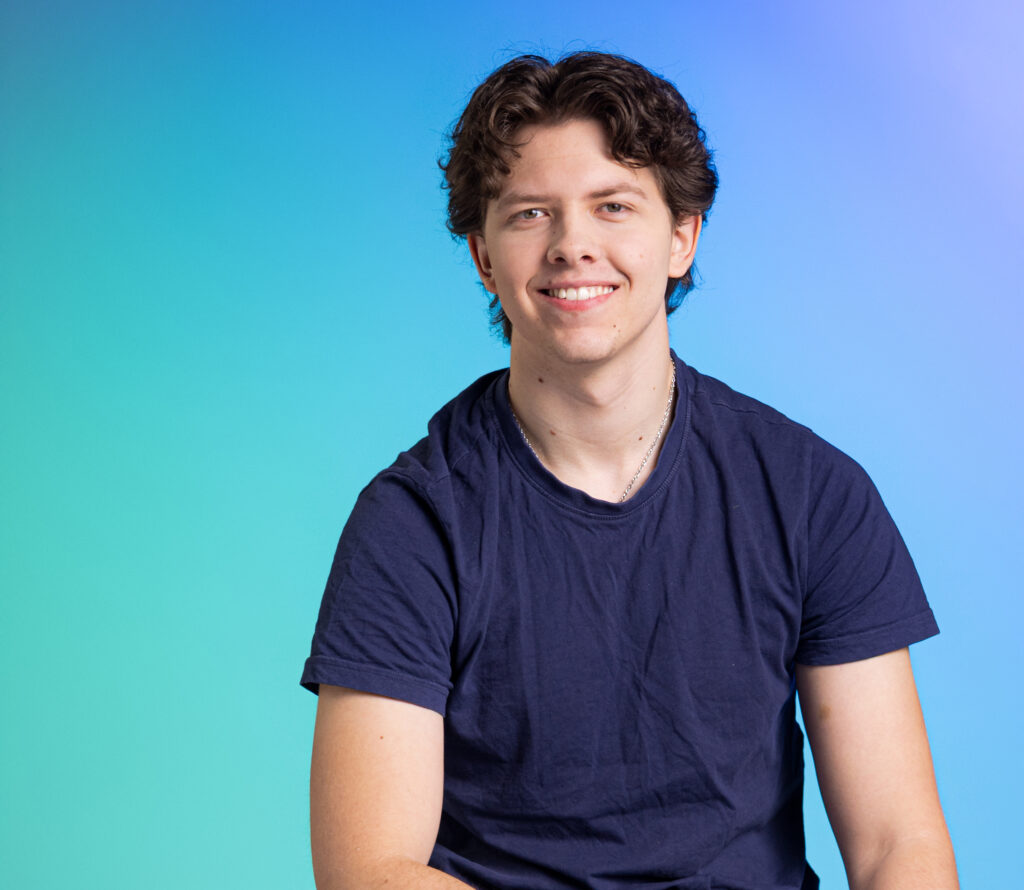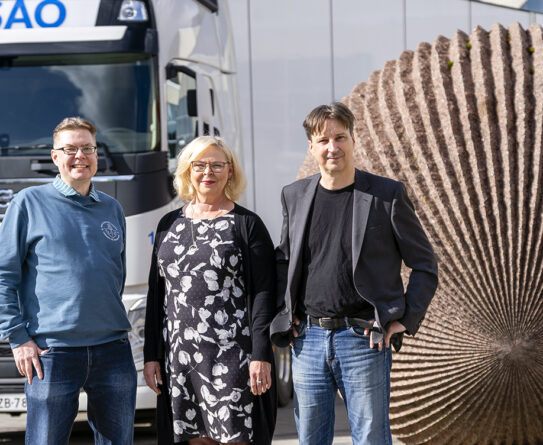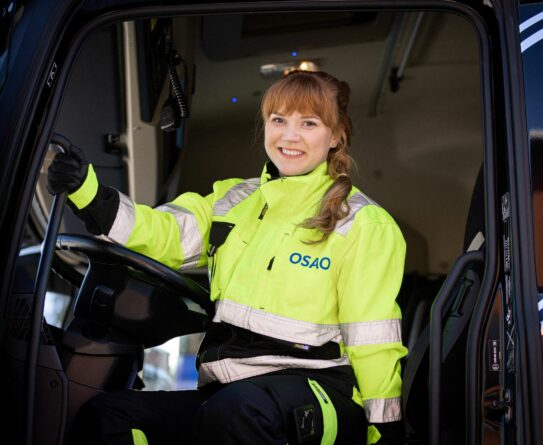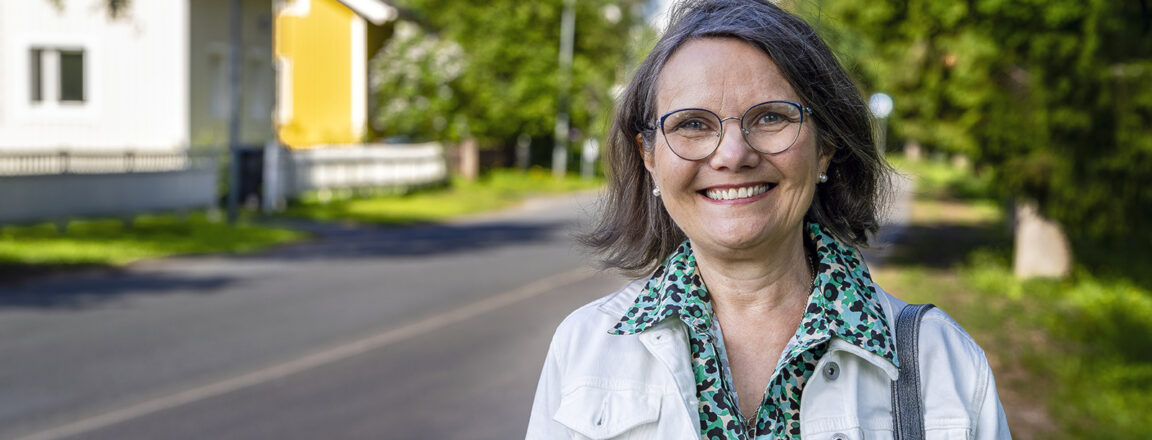
Service director Kirsti Joki-Tokola: “Young people expect climate actions from educational institutions”
Elementti näyttää Voice Intuitiven kuuntelunapin ja translate-valikon
OSAO’s goal is to integrate the practices required for sustainable development and the green transition into its operations by 2030. Service director Kirsti Joki-Tokola says that actions for a sustainable future are far from empty words on paper.
OSAO’s service director Kirsti Joki-Tokola coordinates and develops work for a sustainable future. Joki-Tokola’s main task is to implement the themes of a sustainable future at the everyday level at OSAO.
“So that a sustainable future is not just empty words on a strategy paper, but real actions,” she summarises.
Much has already been done at OSAO for a sustainable future, but now the focus has been turned up a notch.
“At OSAO, various activities have been undertaken for a sustainable future over the years. For example, different digital learning environments have been developed in projects, including simulators and various learning solutions. However, we have lacked a certain overall picture of the work for sustainable development, meaning what we want and where we are heading. Now we are looking ahead comprehensively,” she explains.
Joki-Tokola says that the sustainability roadmap recently created for OSAO is an example of how the work for a sustainable future is now being systematically advanced in the organisation. OSAO’s sustainability roadmap is based on the sustainability roadmap for vocational education.
“The sustainability roadmap for vocational education emphasises climate actions. Climate actions are one of the goals of the UN’s Agenda 2030 programme. Climate actions were chosen as the central theme for sustainable development in vocational education because we have a lot to do in this area.”
Young people expect climate actions
Joki-Tokola reminds us that the themes of a sustainable future have been included in the curricula of various fields for a long time. The theme is addressed in slightly different ways depending on the field, she explains.
“For example, in the field of natural resources, taking biodiversity into account has long been integrated into the education and everyday work of the sector.”
Joki-Tokola’s own educational and professional background is in the field of natural resources, and sustainable development has always been part of her work. The field of natural resources has many people interested in environmental issues in one way or another, she says.
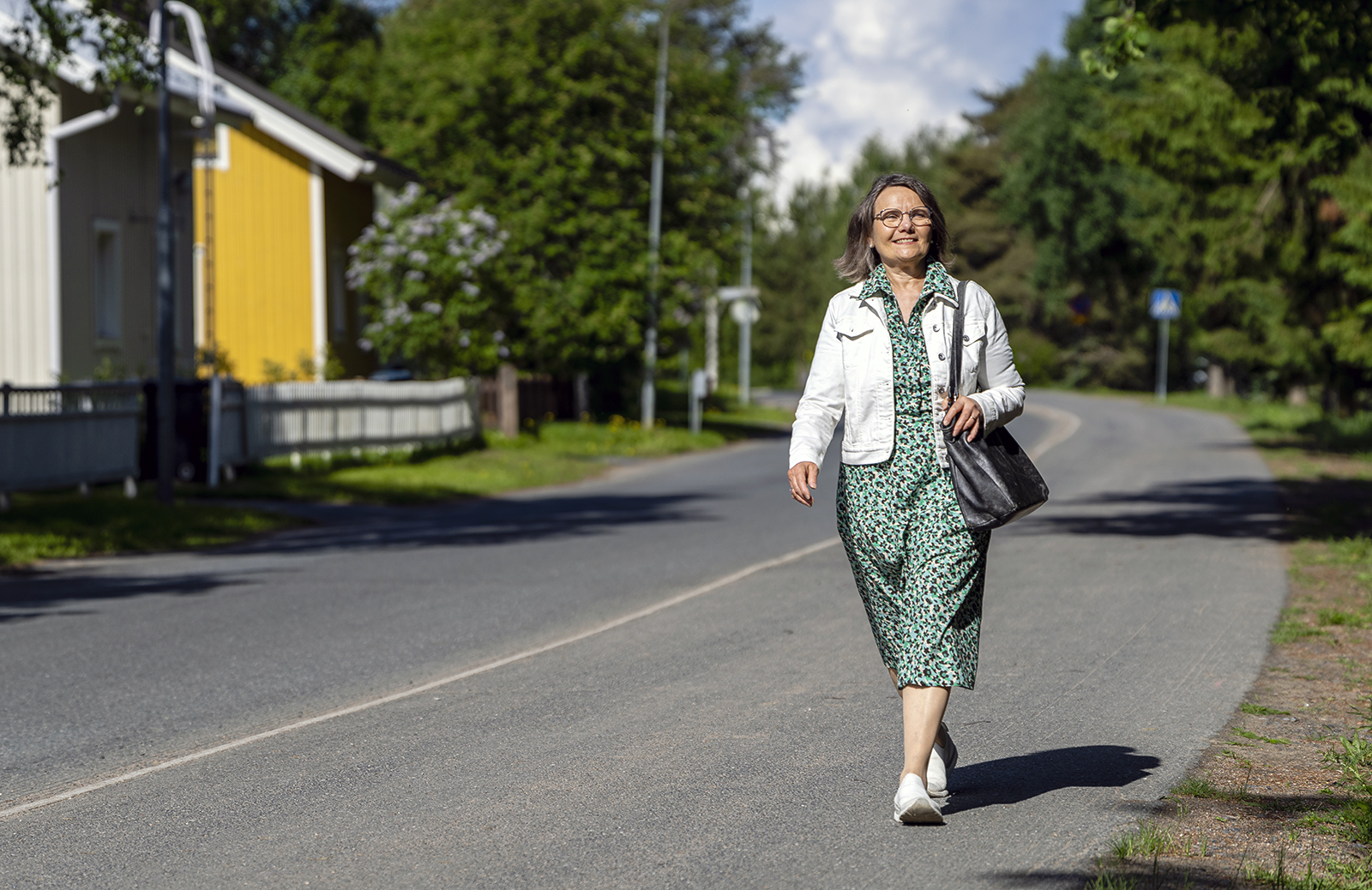
“The themes of a sustainable future have accompanied me throughout my career. For example, I have taught soil management at the secondary level and in higher education. I personally believe that the soil is the foundation of all well-being.”
Joki-Tokola emphasises that in vocational education and at OSAO, it must be recognised that young people demand concrete climate actions from educational institutions as well.
“The young people who come to study with us have received general climate awareness from primary school onwards. They expect solutions to be made to address climate change in the fields they are studying.”
Everyday actions matter
A sustainable future is also highlighted in OSAO’s new strategy, extending to 2030, Joki-Tokola says. The strategy states that OSAO must operate responsibly and sustainably.
“Especially our staff must be knowledgeable and skilled regarding a sustainable future in their own field.”
In August, a sustainable development campaign for staff and students will start at OSAO. The campaign aims to encourage OSAO community members to consider how they could promote a sustainable future in their own lives.
“Most of us are already taking actions for a sustainable future in our everyday lives. We challenge OSAO community members to think if there is something new they could incorporate into their daily routines. Last winter, I had the opportunity to start using the train for my work commutes. I have been commuting by train and walking from the station to Kaukovainio,” Joki-Tokola shares.
Kirsti Joki-Tokola says that OSAO’s actions for sustainable development are significant for building the future.
“OSAO is a large and multidisciplinary educational institution. The impacts will be seen in the economy and working life as new professionals, aware of sustainable development, enter the workforce.”
Written in Finnish by Laura Lääveri-Uimonen, translated from Finnish by Heli Raappana.
